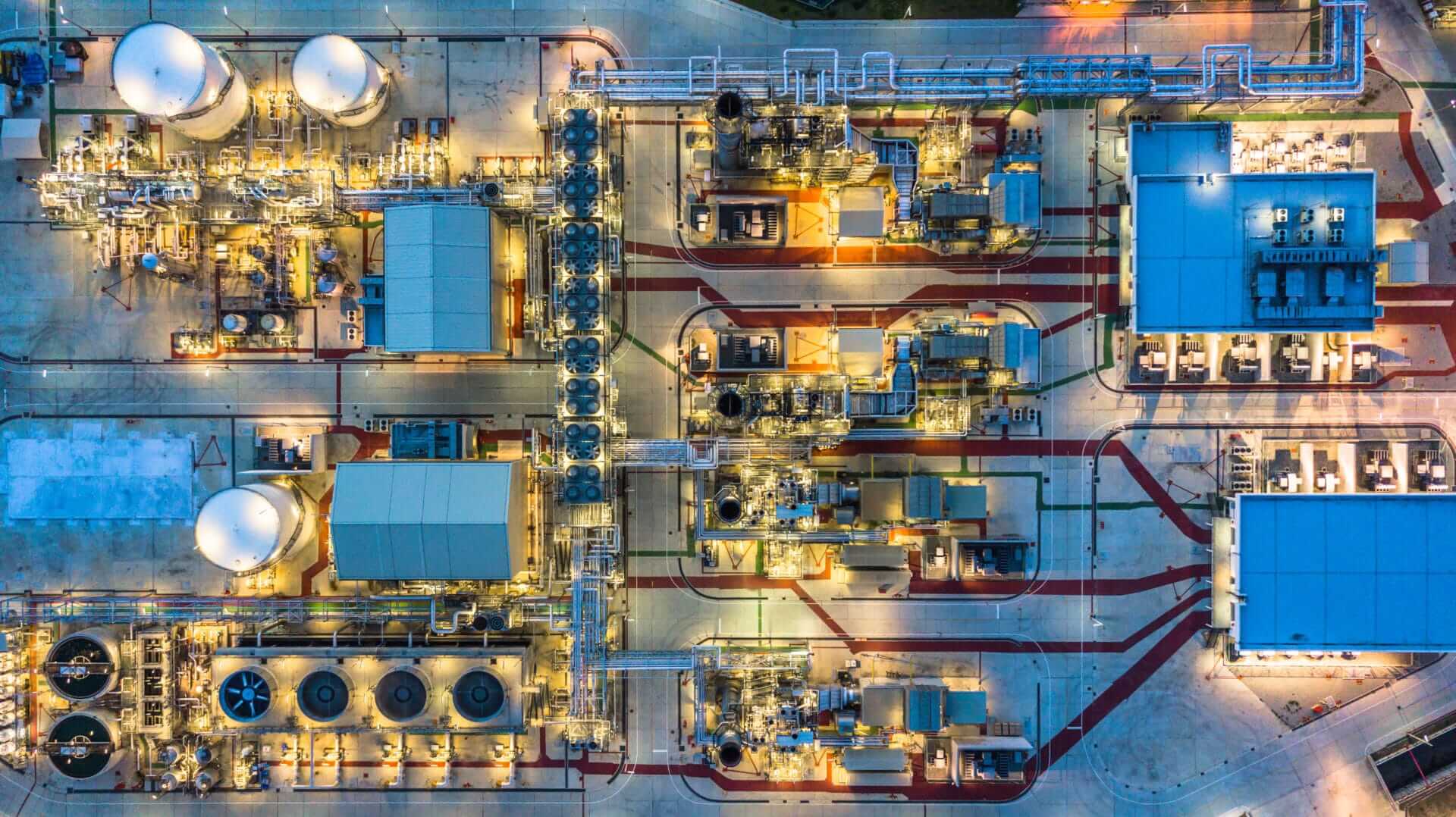Comments
- No comments found

Applying machine learning in the oil & gas industry can solve complex problems quickly and efficiently.
Machine learning has now gained global recognition as an opportunity to gather large volumes of information in real-time and translate massive data sets into actionable insights.
Thus, machine learning helps in saving time, reducing costs, and improving safety, which are crucial outcomes that can be realized from using machine learning in oil and gas operations.
Machine learning algorithms are powered by hundreds of computer servers and have the ability to process billions of data points in real-time. This facilitates quick identification of trends and patterns that otherwise would be difficult and time-consuming to detect. Algorithms of machine learning in the oil and gas industry take into account a number of factors that are important to overall drilling strategy. These factors include equipment ratings, seismic vibrations, and thermal gradients.

Oil and gas production companies are now leveraging machine learning algorithms for case-based reasoning (CBR). Machine learning algorithms work by scouring databases of documented problem cases in real-time for attempting to identify cases similar to the issue being encountered. Once a case having a matching description is found, the system digs deeper to see what type of actions were taken to address the issue. Oil and gas companies can use such algorithms to analyze data such as economic conditions and weather patterns to forecast demand.
Uncertainties in reservoir exploitation are high when trying to figure out how a tight rock formation responds to an induced hydraulic fracture treatment. This process can be better achieved by making appropriate use of complex or hyper-dimensional reservoir data through machine learning. The power of pattern recognition through machine learning is what enables speed in history matching. Machine learning modelling software is a hybrid system, which is a combination of artificial neural networks, fuzzy set theory, and genetic algorithms. Machine learning techniques in oil and gas focuses on reservoir and production management, optimization of hydraulic fracturing, and reservoir simulation.
Modern drilling includes scores of people and multiple interconnecting activities. Obtaining real-time information about ongoing operations is of utmost importance for having safe and efficient drilling operations. As a result, modern rigs often have a huge number of sensors actively measuring numerous parameters that are related to vessel operation, in addition to information about the down-hole drilling environment. Machine learning facilitates advanced computer-based video interpretation that allows achieving continuous, robust, and accurate assessment of many different phenomena through pre-existing video data. Recent advances in machine learning have led to significantly improved performance across a range of video-based sensing tasks. Thus, machine learning can be used to improve safety, reduce costs, and improve efficiency.
The use of machine learning in oil and gas does not stop with exploration and production, as many operators in the petrochemical refining sector now rely on these algorithms for continuously improving the overall performance of their facilities and more effectively maintaining equipment. Even though an increasing number of oil and gas companies are adopting machine learning, the industry as a whole still lags when it comes to fully leveraging machine learning potential. Breaking down information silos and making data more available to significant decision-makers will be a primary factor in improving this situation in the coming years.
Naveen is the Founder and CEO of Allerin, a software solutions provider that delivers innovative and agile solutions that enable to automate, inspire and impress. He is a seasoned professional with more than 20 years of experience, with extensive experience in customizing open source products for cost optimizations of large scale IT deployment. He is currently working on Internet of Things solutions with Big Data Analytics. Naveen completed his programming qualifications in various Indian institutes.
Leave your comments
Post comment as a guest